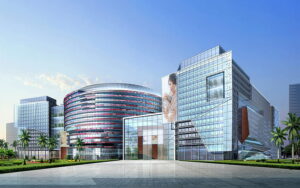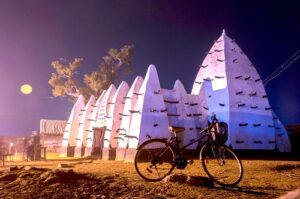Nigeria Targets 77,400 New Homes in Bold Housing Push – Minister Seeks Global Partners for Tinubu’s ‘Renewed Hope Cities’
Nigeria’s Housing Revolution: Minister Ata Courts Global Investors for 77,400-Home Plan Minister of State for Housing and Urban Development Yusuf Abdullahi Ata has declared strategic partnerships and foreign investment critical to solving Nigeria’s 28-million-unit housing deficit, unveiling aggressive targets for President Tinubu’s flagship Renewed Hope Cities and Estates program during talks with international firm Ms Allen Le and Partners. Key Housing Targets: Breaking Down the Numbers Renewed Hope Cities: 3,000 units each in Lagos, Abuja, Kano (9,000 total). Renewed Hope Estates: 250 units in each of 36 states (9,000 total). Social Housing Blitz: 77,400 units nationwide (100 per Local Government Area). Pro-Poor Quota: 30% reserved for non-income Nigerians – a "non-negotiable" directive from Tinubu. Investor Asks: Land, Jobs, and Innovation In meetings with SV-NED Incorporated (represented by Allen Ke Nam), Ata outlined partnership terms: Government Provides: Land allocations, regulatory fast-tracking. Investors Deliver: Construction financing Job creation and skill-transfer programs Modern building technologies for affordable units "Formalize […]



